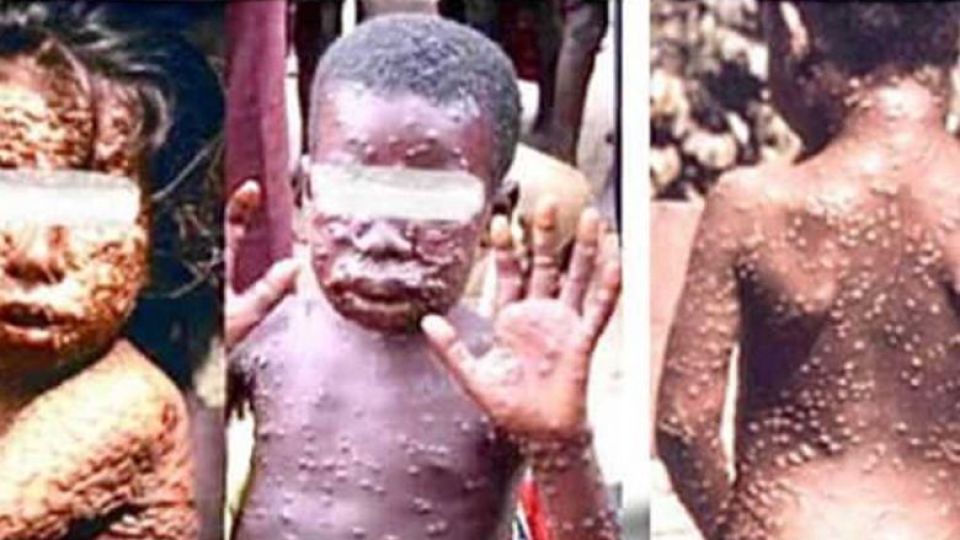May 27, 2022
PHNOM PENH – Officers at border checkpoints have been asked to conduct proper health checks and monitor arrivals from 11 African nations, although there is no order to ban travellers including those from countries with suspected cases of monkeypox.
The Ministry of Health has issued orders to surveil passengers from Benin, Cameroon,
Central African Republic, Democratic Republic of the Congo, Gabon, Ghana, Cote d’Ivoire, Liberia, Nigeria, Sierra Leone and South Sudan, which had all confirmed monkeypox cases.
“While we have not detected any cases in Cambodia, local authorities have been advised to raise awareness on the disease in order to educate people and ensure they protect themselves,” said health minister Mam Bun Heng on May 25.
As of May 23, a total of 158 persons had been confirmed as being infected with monkeypox, according to the World Health Organisation (WHO), with 19 countries having detected the virus.
Bun Heng said people should report to health officials immediately or call the 115 hotline if they developed symptoms, such as rashes, lesions and fever.
“We have not banned passengers from any country yet. We need to just take precautions and monitor inbound passengers,” he added.
Those who feel they might be infected with monkeypox but have no symptoms need not quarantine themselves and can work as normal.
People who have been exposed to confirmed cases need to be mindful to not be in contact with others during the 21-day health follow-up period.
Bun Heng urged medical staff in public and private health facilities to ensure that disease surveillance systems are strengthened.
“In addition to preventive measures, we are considering finding sources of vaccine to prevent [the spread of] monkeypox,” he said.
Meanwhile, Sinn Chansereyvutha, a spokesman for the State Secretariat for Civil Aviation (SSCA), told The Post that the health ministry was responsible for health measures and notifications in airports.
“The number of passengers coming into Cambodia has not dropped. It is normal because there is no global alert on this disease. We just have to be careful,” he said.


